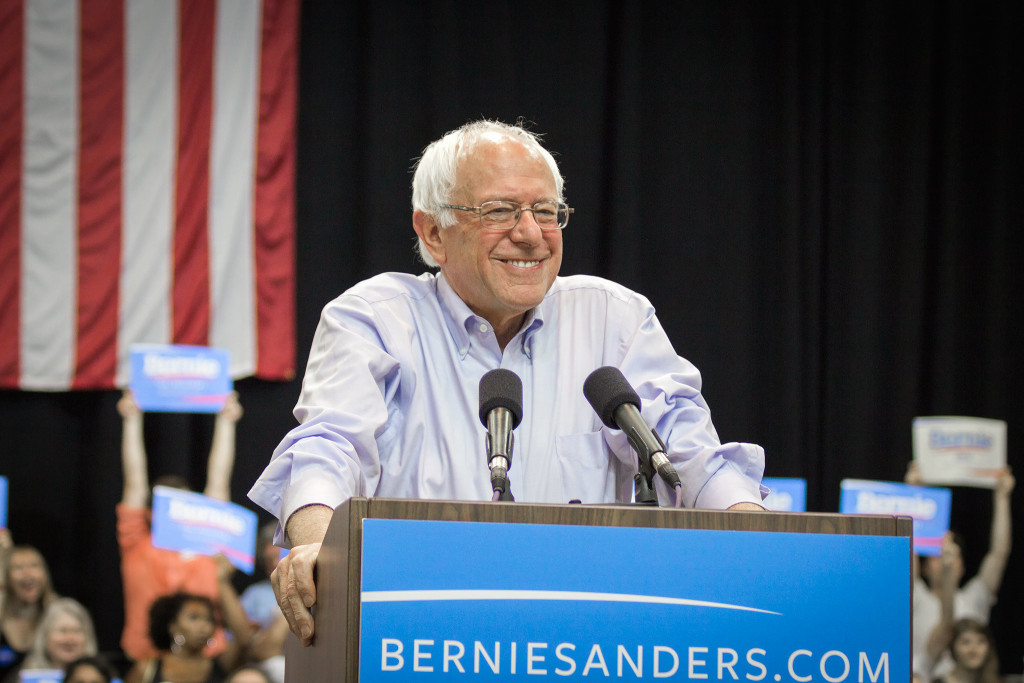
Robyn Brody is from Rupert. Sergio Gutierrez is from Nampa. Curt Mckenzie and Clive Strong are from Boise. Only a handful of Idahoans recognize the names, yet in little more than three weeks the election of one of these will lead to a new Chief Justice being selected to head Idaho’s third branch of government - the Idaho Supreme Court.
If one garners more than the 50 per cent plus one number in the May 17th primary, the election is over. When Chief Justice Jim Jones,, who is retiring, leaves the bench at the end of the year the new justice and the hold-over four justices will choose a new Chief Justice.
With four people in the race, getting over the 50% mark will be difficult. There is a high probability there will be a run-off in November for the top two finishers.
Supreme Court races are supposedly non-partisan, but in recent years Republicans across the nation have been systematically turning them into partisan elections. It’s a major theme in their continuing denunciation of “un-elected,” liberal judges who make extra-legal rulings inconsistent with their view of the Constitution and prevailing secular society norms.
Just as the U.S. Supreme Court is viewed as partisan depending on where its Chief Justice, John Roberts, lands on an issue and which president appointed them, so are State judges viewed more for their
collegiality and amity with an administration than for independence.
Races in states where judges are elected are seeing campaign costs soar. Since judges are loath to ask for money, a personal surrogate for them who does not mind “dialing for dollars” is a critical component for any campaign.
Democrats in Idaho point their fingers at Republicans for turning judicial races into partisan events and in particular point to the 2000 election in which Owyhee county native, Daniel Eismann, defeated Cathy Silak, the first female justice appointed to the Supreme Court. It was a nasty, testy fight but Republicans successfully tagged Judge Silak as a closet liberal and a partisan Democrat.
Silak lost to Eismann, who is still a justice, by a 58.6% to 41.4 %. It was the first time since 1944 (when Bert Miller defeated Ben Dunlap) that a sitting justice was knocked off. Ironically, Silak had turned back a stiff challenge from former attorney general Wayne Kidwell in 1994, defeating Kidwell by a 57.7% to a 42.3% margin.
Kidwell was later elected to the Court. He owes the fact that he was still electable to a compassionate action in 1975 by then Governor Cecil D. Andrus. In a State Land Board meeting then Attorney General Kidwell was on the losing end of a vote. He started to fume, then became increasingly angry, and finally truly began to lose it. All of this was taking place in front of reporters from AP, UPI and the Idaho Statesman.
Andrus easily could have sat there and let Kidwell lose it completely, which would have ended Kidwell’s political career. Instead, Andrus gaveled the meeting into a 15-minute recess, grabbed Kidwell by the arm, led him into his office, sat him down and told him to get control of himself or he would hold the board over to finishing business the next day. Kidwell did regain his control and the meeting resumed.
All four of this years’ candidates appear to be qualified. Early odds appear to favor McKenzie. As a Republican state senator he has a strong base of support and presumably will emerge with a solid majority of the vote in his district. A downside is that McKenzie appears to be the favored candidate of Idaho Power.
One could easily argue that Court of Appeals Judge Sergio Guiterrez has an equally solid base of support in Canyon county and within the state’s relatively large Hispanic community. He has a fine reputation and pockets of support across the state from people like former First Congressional District candidate and former Moscow City Council member Linda Pall who are working hard for him.
The only female candidate, Rupert attorney Robyn Brody, may do well just because women voters are more likely to vote for the only female on the list of males. Ms. Brody must be taken seriously because she has reportedly hired the savvy, politically well connected and smart Republican operative, Jason Lehosit, to run her campaign.
The best suited to take Jones’ place, though, and the one I personally intend to vote for is Clive Strong. He has served well and with distinction the State and every Attorney General (Jim Jones, Larry Echohawk, Alan Lance and Lawrence Wasden) he has worked for as the since 1983.
A third generation Idahoan, he grew up in the Magic Valley and obtained his law degree from the University of Idaho in 1978 and a Masters degree in natural resource law from Michigan in 1983. He is nationally known for his expertise in water law. He oversaw the state’s role in obtaining the historic Swan Falls Agreement and was the state’s lead attorney in the Snake River Adjudication process.
They don’t come any harder or smarter, nor does anyone work harder. Trust me: You can’t go wrong with Clive Strong.




